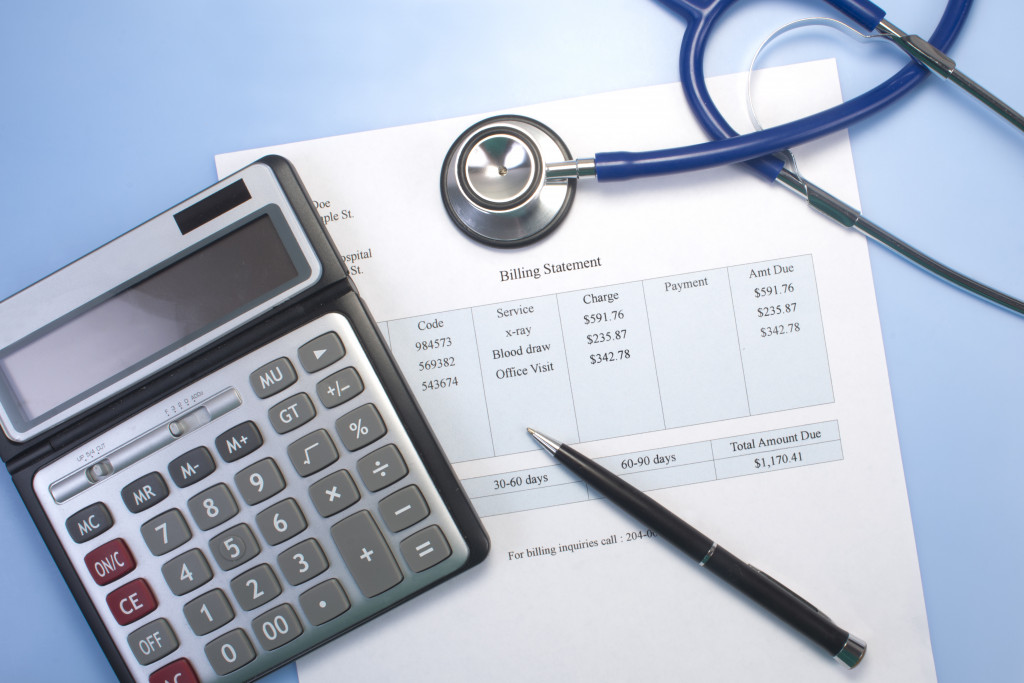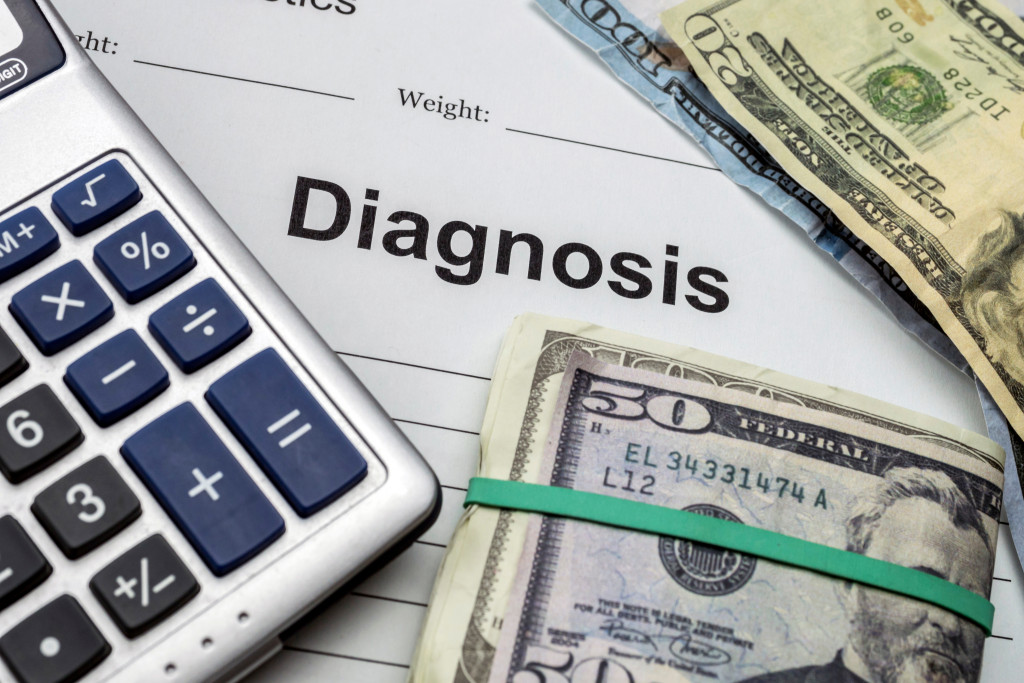• Uninsured individuals in the United States face many challenges when accessing the healthcare they need.
• Affordable solutions are available to uninsured individuals who need medical care.
• Preventative care is important for everyone to identify any potential illnesses and to stay conscientious about lifestyle choices.
• If uninsured, there are still many ways to optimize your health. These tips can help you stay healthy.
It’s no secret that the cost of healthcare is rising. A recent study found that the average American family spends almost ten thousand dollars per year on healthcare costs. And with more and more people losing their health insurance coverage, the problem is only getting worse.
But there is some good news. There are ways to help uninsured individuals optimize their health, even on a tight budget. In this blog post, you can read some of the best tips and tricks for helping those without health insurance get the care they need. So if you or someone you know is uninsured, read on!
The Current State of Health Insurance in the United States
Health insurance in the United States is currently a controversial issue. Many people are concerned about the rising cost of health care and whether insurance companies provide coverage for necessary services.
Healthcare costs have increased significantly over the past decade, with premiums becoming too expensive for many families. Unfortunately, those without affordable healthcare insurance may not be able to receive basic medical treatments that could save their lives. Also, concerns have been expressed by the public over providers denying services and claims. These are typically due to technicalities within policies, leaving consumers feeling cheated out of much-needed help.
Moreover, efforts are being made to improve access to more affordable and comprehensive health insurance plans. Still, more steps must be taken to ensure that everyone in the country has access to quality healthcare.
The Challenges of the Uninsured Individuals
Uninsured individuals face many challenges when it comes to optimizing their health. Without access to either private or public insurance, they are limited in their options when it comes to receiving healthcare. They also have difficulty affording essential medications and treatments.
Many also struggle to pay out of pocket for checkups and screenings, which can have long-term adverse effects on their health. Additionally, they may be unable to take time off work due to a lack of paid leave or sick days. This means that they would miss important doctor’s appointments. They could also be at a higher risk for treatable illnesses transforming into more severe conditions later.
These challenges can immensely strain uninsured individuals regarding their physical and mental health.

Tips for Uninsured Individuals
If uninsured, navigating the healthcare system can be daunting and a no-win situation. But you can take some proactive steps to optimize your health without having insurance.
Budget-friendly MRI Providers
MRI scans are often expensive and out of reach for individuals without insurance. Therefore, it is best to look for providers who offer no-referral MRI. These facilities often provide MRIs for about half of what traditional medical centers charge, and no insurance is required.
Preventive Care
Preventative care such as regular checkups, blood tests, and vaccinations is also essential. Plus, some free or low-cost resources are available. Asking questions and staying on top of any issues will help you identify larger problems early on.
Be Cautious With Medications
It is important to know the cost of medications and potential alternatives. For example, generic versions may be cheaper than name-brand drugs. Additionally, some pharmacies offer discounts on specific prescriptions.
Community Health Centers Can Help Uninsured Individuals
Community health centers, or CHCs, have become increasingly essential for uninsured individuals struggling to access the care they need. These local clinics provide medical, dental, and mental health services regardless of income and insurance status.
Their services include primary care—like physicals, vaccinations, and diagnosing illnesses and injuries. This includes offering referrals to specialists and hospital visits on a sliding fee scale. Furthermore, they help patients manage chronic conditions by providing medications, educational programs, nutrition counseling, and other relevant services.
Community health centers give people better opportunities to lead healthy lives with dignified care by ensuring uninsured individuals have access to these vital treatments and resources.

Some Importance of Preventative Care for All Individuals
Preventative health care is a key factor to staying healthy; no matter what the individual’s insurance situation, this type of health-focused checkup and monitoring is essential.
Identify Early Signs of Illnesses and Diseases
It is necessary to watch for any early warning signs of potential illnesses and diseases. Common symptoms to look out for include fatigue, sudden weight changes, skin rashes or discoloration, chest pain, and coughing.
Help Individuals Stay Conscientious About Lifestyle Choices
Preventative care is also important for individuals to stay conscientious about their lifestyle choices. Health screenings can help identify if dietary and exercise habits are working in the individual’s favor and any potential obstacles that could be addressed.
If you are one of the millions of Americans who do not have health insurance, there are still things that you can do to optimize your health. Though it may be more difficult, following these tips can help you stay healthy despite not having access to traditional forms of healthcare. Additionally, community health centers provide an important safety net for all individuals who need care. Finally, remember that preventative care is always necessary, regardless of insurance status. Try these ways for your health if you’re uninsured.

